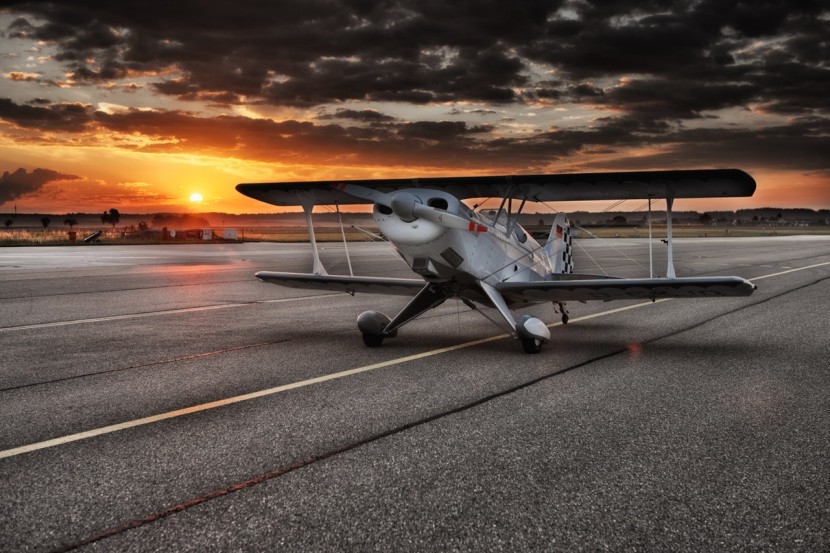
Chartering an airplane can be a convenient and efficient way to manage business and personal travel. But, like many things in life, safety has to take top priority when weighing your options.
In the wake of Kobe Bryant's tragic helicopter crash, some potential flyers are growing more concerned about the safety standards for private aviation. But the reality is, by asking the right questions and choosing a charter company carefully, flying privately is just as safe as commercial air travel.
With commercial flights, security is performed for all passengers and crew on a large scale. With private charters, the rules are a bit more fluid.
Here's what you should look for, if you're considering private aviation for your business or personal travel needs.
What to Watch For in Charter Plane Safety
Like any other smart business decision, the first step is to do your research. Do not take for granted that the charter pilot, the company, and the plane have all been under a review.
Ask the charter provider questions about their safety certifications and protocol. Here are some questions you may consider asking:
What types of aircraft are on the charter certificate?
What year was the aircraft manufactured?
What experience does the captain and crew have?
How many flight hours do the captain and crew have?
What is the flight operator's safety record?
Has the operator had any aircraft accidents?
The Federal Aviation Administration
The United States has a federal body tasked with airplane safety and regulations, The Federal Aviation Administration (FAA). For flights within or from the U.S., checking for a registered FAA charter company or FAA certified pilot is an effective way to ensure that safety of your charter flight.
Even if the flight is international, the FAA has guidelines posted on their website to help fliers spot red flags of potentially dangerous or untrustworthy charter operations. Paraphrased from their online information is the following red flags to watch for with a charter flight company:
The company attempts to transfer any kind of operational control to the consumer, even if the company is still providing the plane and pilot.
Legitimate operators must charge a Federal Excise Tax. If the company does not put this on the invoice, be wary.
No pre-flight safety briefing.
No safety cards available in the cabin.
Unwillingness to answer questions. All legitimate pilots and crew should be transparent and at ease.
The pilot or crew offers instructions on how to behave if an FAA aviation inspector approaches the plane. If the operation is legitimate, no coaching is necessary because the pilot and crew will be able to easily pass inspection.
The price seems too good to be true. Maintaining regulatory compliance and safe flight equipment requires higher fares. Cutting corners to save money could put consumers in serious danger.
Where to Find Quality Airplane Charter Companies
The FAA also provides a database of certified operators to cross check providers.
Research on airplane charter companies from Google can wield overwhelming results. A solid resource for starting your charter research is GlobalAir.com, the internet's largest resource for aviation information.








